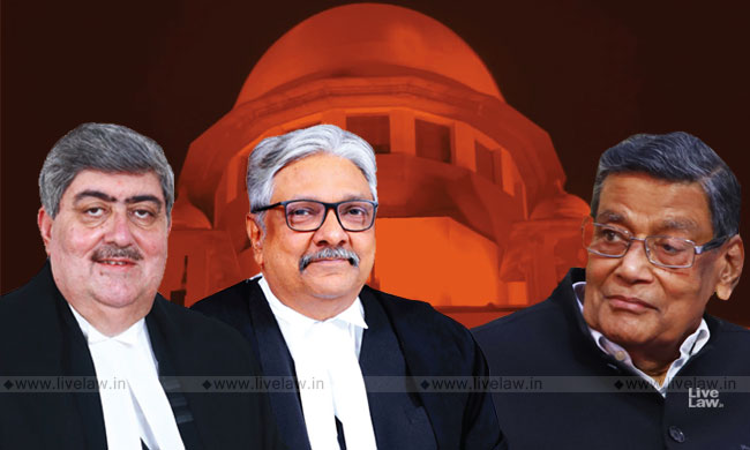'We Are Pained by And In Disagreement With The Stand Taken By AG': SC On Delay In Appointment Of HC Judges
Radhika Roy
13 Jan 2020 6:13 PM IST

"All stake holders "should stop looking at shadows, the process is collaborative and the endeavour should be to improve the situation by reducing the time periods."
Next Story


